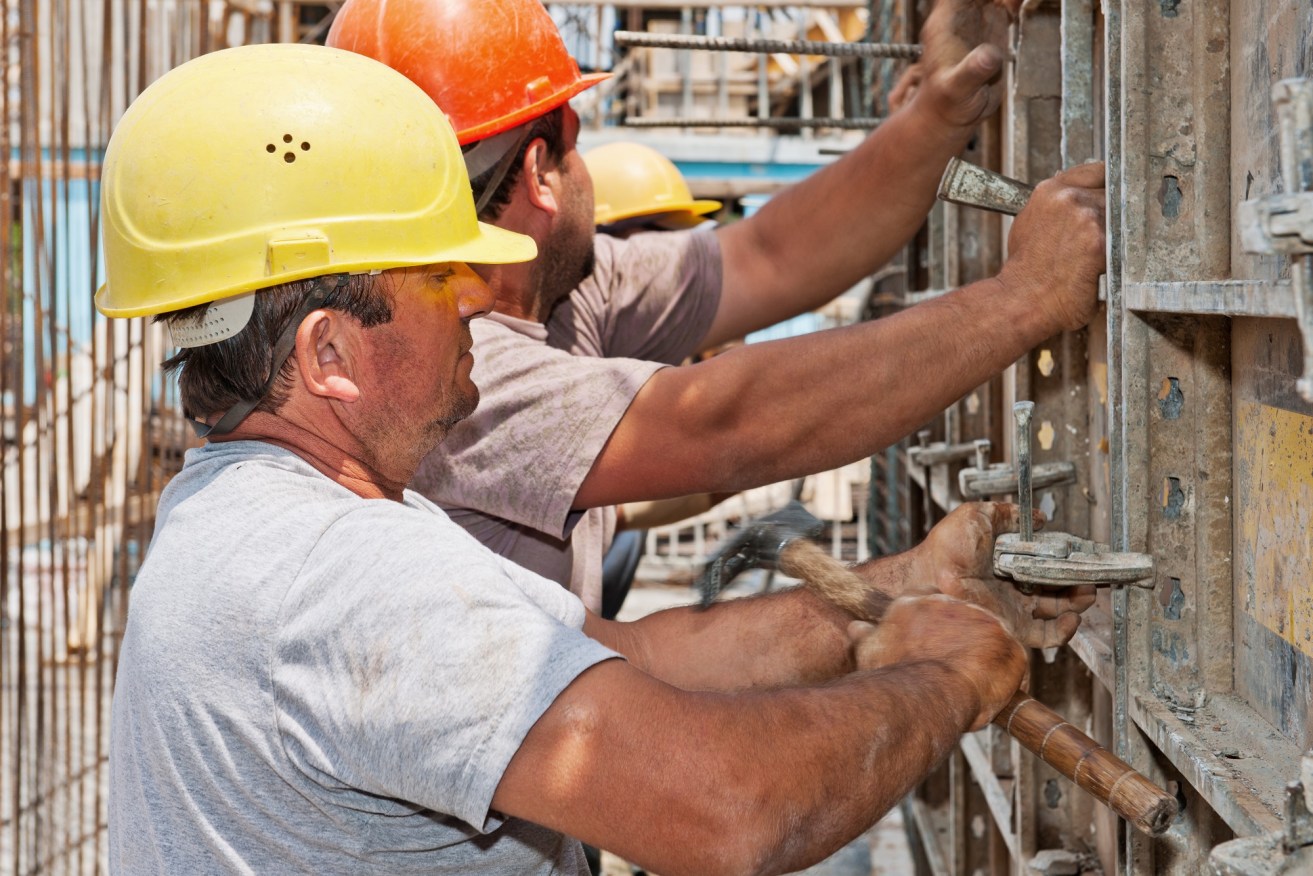Building approvals bounce back after after big October slump
Building approvals bounced back by 3.6 per cent in November after a sharp 13.6 per cent drop in October.

Building approvals have bounced back after a slump during October
The Australian Bureau of Statistics said the number of approvals was driven by the ‘private sector dwellings excluding houses’ component, which rose by 9.7 per cent to 5315 approvals.
Private sector house approvals rose 1.4 per cent to 10,892, following a 3.5 per cent rise in October.
“The series has been at historically elevated levels over the past year, largely driven by government stimulus and record low interest rates,” ABS director of construction statistics Daniel Rossi said.
“While private house approvals are no longer at record highs, the November result remains 25.8 per cent higher than the pre-pandemic level in November 2019, indicating on-going strength in the detached housing market.”
The ABS will release retail sales figures for November on Tuesday.
Economists are expecting another strong result of around five per cent, building on the 4.9 per cent increase in October as NSW, Victoria and the ACT all emerged from extensive lockdowns battling the Delta variant.
However, an analysis by ANZ last week showed spending in the week to January 5 was at its lowest level since the Delta lockdowns as consumers showed caution about being in public places as the Omicron strain emerged.
This has been compounded by staff shortages, while supply chain disruptions are leaving some supermarket shelves bare.
Prime Minister Scott Morrison conceded the Omicron variant is having a dampening impact on consumer demand.
“I think that that is fairly obvious and understandable,” he told reporters in Canberra.
But he said past evidence showed the economy surged back quickly after the removal of lockdowns.
“We’ve seen that on numerous occasions now and we have no reason to think that that would be any different (this time),” he said.
He said it was too early to gauge the overall impact on the economy from the highly-infectious Omicron variant, but Treasurer Josh Frydenberg and Treasury were watching developments.
However, Assistant Treasurer Michael Sukkar is confident the Australian economy can overcome the challenges being posed by Omicron with households having the security of huge savings.
Mr Sukkar says new data shows households have built up $48 billion in offset mortgage accounts and more than $170 billion in other savings accounts during the pandemic.
“So that’s $220 billion of economic firepower that’s there – it provides a great foundation to continue to support our economic recovery,” Mr Sukkar told Sky News.
“It means more discretionary spending because you’re paying less on your mortgage than you would otherwise, with money sitting in your offset account.”












